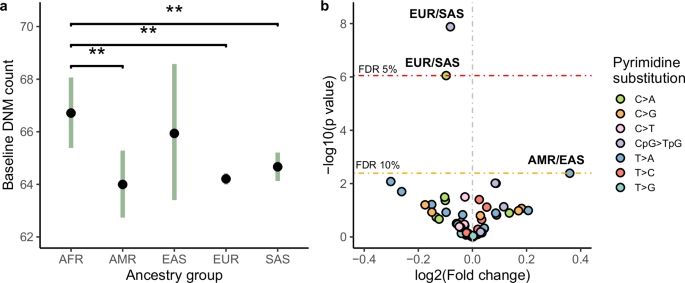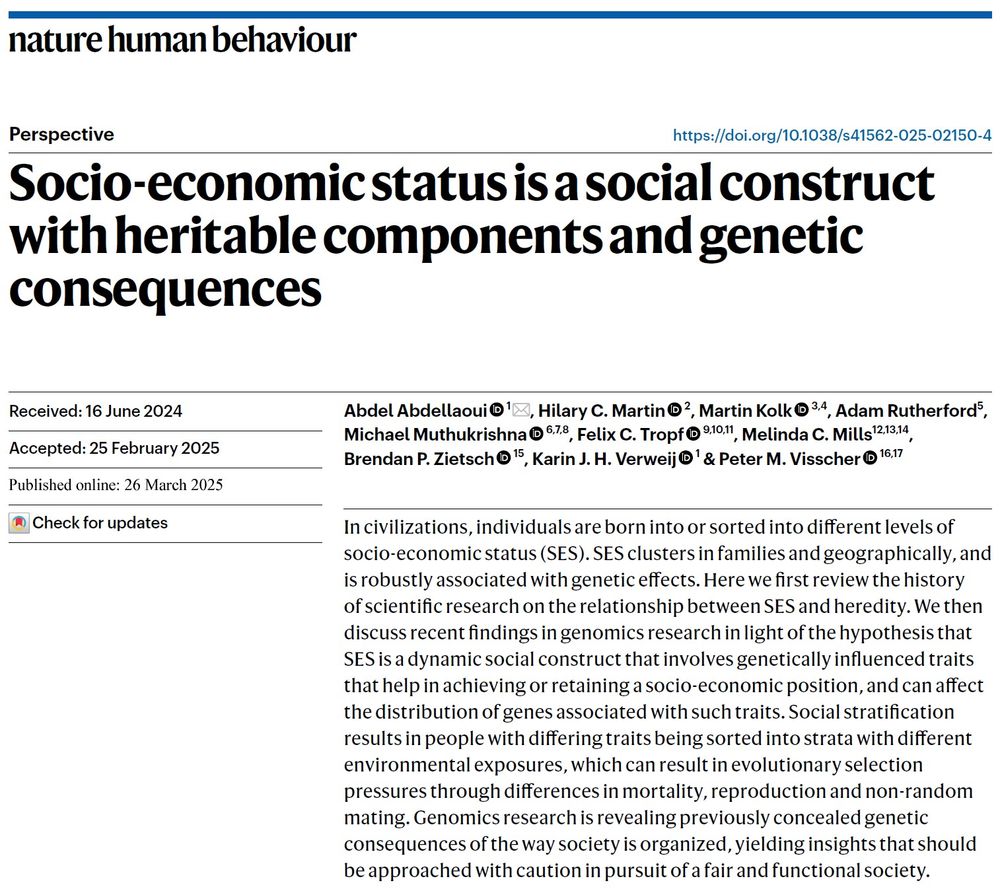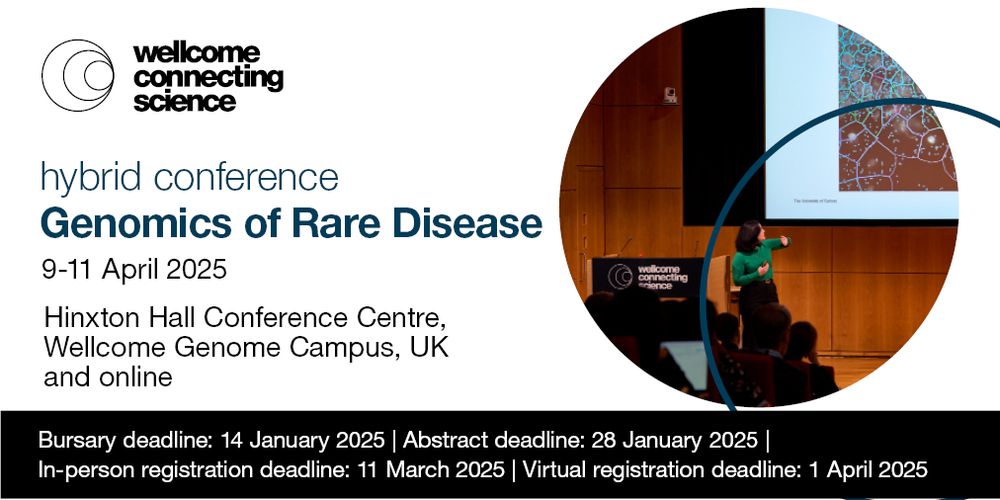urldefense.proofpoint.com/v2/url?u=htt...
A big thank you to Patrick Campbell, @hilarycmartin.bsky.social, Elizabeth Radford, and all involved.
More in this thread ⬇️
bsky.app/profile/oliv...
urldefense.proofpoint.com/v2/url?u=htt...
A big thank you to Patrick Campbell, @hilarycmartin.bsky.social, Elizabeth Radford, and all involved.
More in this thread ⬇️
bsky.app/profile/oliv...

More info from co-first author @olivia-wootton.bsky.social ⬇️
"“The Contribution of Common and Rare Genetic Variation to Emotional and Behavioural Symptoms in Childhood and Adolescence” is out on medRxiv.
www.medrxiv.org/content/10.1...
Thread 👇

More info from co-first author @olivia-wootton.bsky.social ⬇️

"“The Contribution of Common and Rare Genetic Variation to Emotional and Behavioural Symptoms in Childhood and Adolescence” is out on medRxiv.
www.medrxiv.org/content/10.1...
Thread 👇

"“The Contribution of Common and Rare Genetic Variation to Emotional and Behavioural Symptoms in Childhood and Adolescence” is out on medRxiv.
www.medrxiv.org/content/10.1...
Thread 👇
We are delighted to have Dr @olivia-wootton.bsky.social from Dr @hilarycmartin.bsky.social's group @sangerinstitute.bsky.social join the 5th virtual PGCAfrica meeting of 2025
📆 26th June 2025
⏰ 2PM GMT|2PM WAT|3PM CAT|4PM EAT
📢 Details in the flyer
#PGCAfrica

We are delighted to have Dr @olivia-wootton.bsky.social from Dr @hilarycmartin.bsky.social's group @sangerinstitute.bsky.social join the 5th virtual PGCAfrica meeting of 2025
📆 26th June 2025
⏰ 2PM GMT|2PM WAT|3PM CAT|4PM EAT
📢 Details in the flyer
#PGCAfrica
doi.org/10.1101/2025...
Our manuscript on Exome sequencing and analysis of 44,028 British South Asians, using @genesandhealth.bsky.social is now available at @medrxivpreprint.bsky.social!
We present several great results, and I’m thrilled to highlight the pieces I worked on:

www.nature.com/articles/s41...

www.nature.com/articles/s41...
www.nature.com/articles/s41...


📄Widespread recessive effects on common diseases in a cohort of 44,000 British Pakistanis and Bangladeshis with high autozygosity


Link: rdcu.be/efacK
Thread below 👇🏽


📅 Dates: 9-11 April 2025
💭 Share insights in person
Explore the latest #genomics advances accelerating improvements in clinical care for rare disorders, globally.
⏰Secure your place by 11 March: bit.ly/3BpAe44

www.canrisk.org
Includes
1️⃣ Adaptations to the U.K. ethnically diverse population:
Pre-print: doi.org/10.1101/2025...
2️⃣ Continuous measures of mammographic density:
Pre-print: doi.org/10.1101/2025...

www.canrisk.org
Includes
1️⃣ Adaptations to the U.K. ethnically diverse population:
Pre-print: doi.org/10.1101/2025...
2️⃣ Continuous measures of mammographic density:
Pre-print: doi.org/10.1101/2025...

